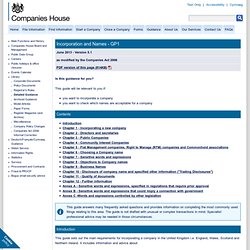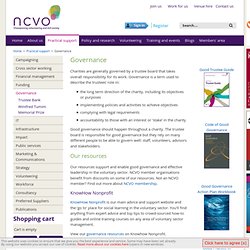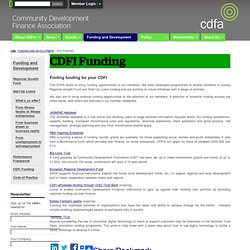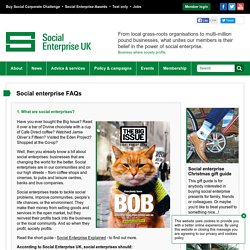

StartingPoint_1. Starting in business. On this page you will find links to guidance on what you need to do for tax and National Insurance purposes when you start up a business as a self-employed person, a partnership or a limited company.

You will also find links to additional help and support HM Revenue & Customs (HMRC) offer new businesses. Home. StartUp Britain: a living market-place for the wide range of enterprise support available on the web. Company name and trade mark checker. Guidance - incorporation and names (GP1) June 2013 - Version 5.1 as modified by the Companies Act 2006 PDF version of this page (814KB) Is this guidance for you?

This guide will be relevant to you if: you want to incorporate a company you want to check which names are acceptable for a company Contents This guide answers many frequently asked questions and provides information on completing the most commonly used filings relating to this area. Introduction This guide sets out the main requirements for incorporating a company in the United Kingdom i.e. How to incorporate a limited company the type of company you wish to incorporate the company's officers choosing a company name including controls and restrictions disclosure of company name and other information Chapter 1 - Incorporating a new company 1. Incorporation is the process by which a new or existing business registers as a limited company.
A business cannot operate as a limited company until it has been incorporated at Companies House under the Companies Act 2006. 2. 3. 4. 5. Governance and Leadership. Charities are generally governed by a trustee board that takes overall responsibility for its work.

Governance is a term used to describe the trustees’ role in: the long term direction of the charity, including its objectives or purposes implementing policies and activities to achieve objectivescomplying with legal requirements accountability to those with an interest or 'stake' in the charity Good governance should happen throughout a charity.
The trustee board is responsible for good governance but they rely on many different people to be able to govern well: staff, volunteers, advisors and stakeholders. Our resources Our resources support and enable good governance and effective leadership in the voluntary sector. KnowHow Nonprofit KnowHow Nonprofit is our main advice and support website and the ‘go to’ place for social learning in the voluntary sector. View our governance resources on Knowhow Nonprofit. Studyzone video training courses. Futurebuilders: Are you eligible? Growth and Improvement Service. Governmentfunding.org.uk. Funding Central. Criteria for Social Entrepreneurs Fund, Investments. CDFI Funding. Finding funding for your CDFI The CDFA works to bring funding opportunities to our members.

We have developed programmes to enable members to access Regional Growth Fund and Start-Up Loans funding and are working on future initiatives with a range of partners. We also aim to bring external funding opportunities to the attention of our members. A selection of potential funding sources are listed below, and others are featured in our member newsletter. The JASMINE Helpdesk is a free online tool allowing users to lodge detailed information requests about: EU funding possibilities, capacity building, European microfinance rules and regulations, technical assistance, client protection and good practice, risk management, strategic planning and any other microfinance-related query. RBS Inspiring Enterprise RBS is running a series of funding rounds; grants are available for those supporting social, women and youth enterprises. What is a Social Firm? Social Firms are one type of social enterprise.

Social enterprises* are businesses that trade for a social or environmental purpose, and their profits are reinvested back into the company to help them achieve this purpose. The specific social purpose of Social Firms is to create jobs for people who find it hardest to get them. A 'Social Firm' is a market-led enterprise set up specifically to create good quality jobs for people disadvantaged in the labour market. An 'emerging Social Firm' is an enterprise that is working towards becoming a Social Firm, usually in the early stages of trading and not yet in a position to employ numbers of people, but working to a business plan which illustrates how they're going to achieve their goal.
The 'Social Firm sector' is the collective term used for emerging Social Firms and Social Firms. * For more information about social enterprises, visit the Social Enterprise UK or Social Enterprise London websites. Criteria - the Values-Based Checklist. About social enterprise / About. 1.

What are social enterprises? Have you ever bought the Big Issue? Read it over a bar of Divine chocolate with a cup of Cafe Direct coffee? Watched Jamie Oliver’s Fifteen? Visited the Eden Project? Well, then you already know a bit about social enterprises: businesses that are changing the world for the better. Social enterprises trade to tackle social problems, improve communities, people’s life chances, or the environment. Read the short guide - Social Enterprise Explained - to find out more.